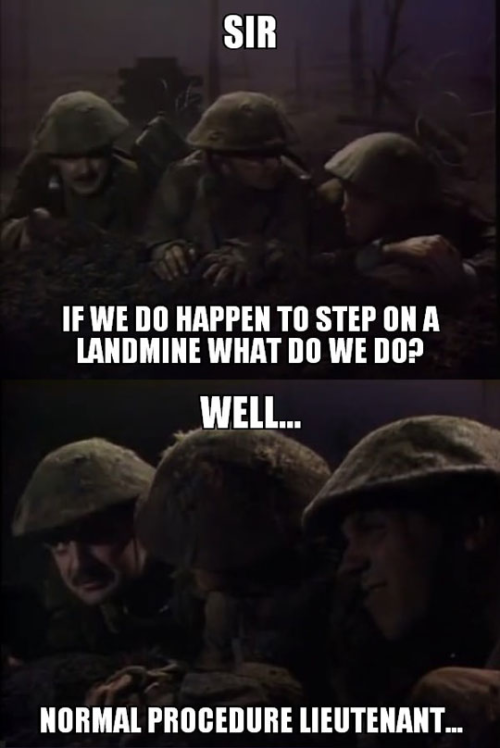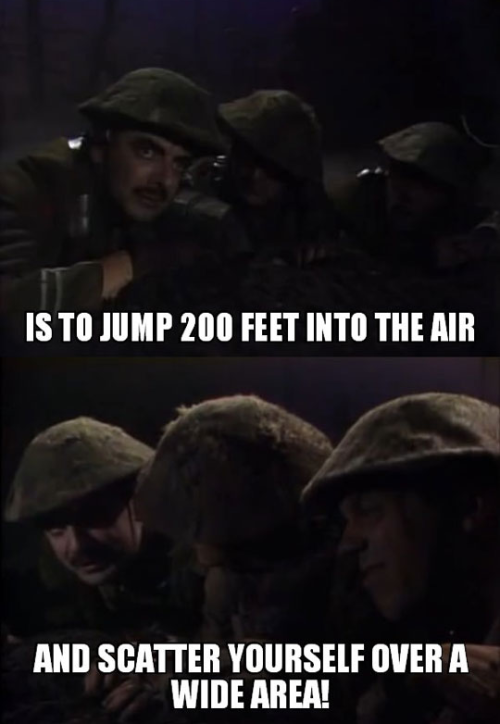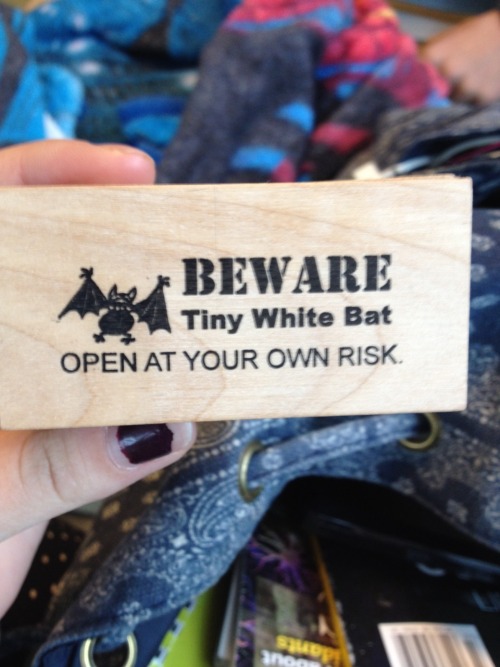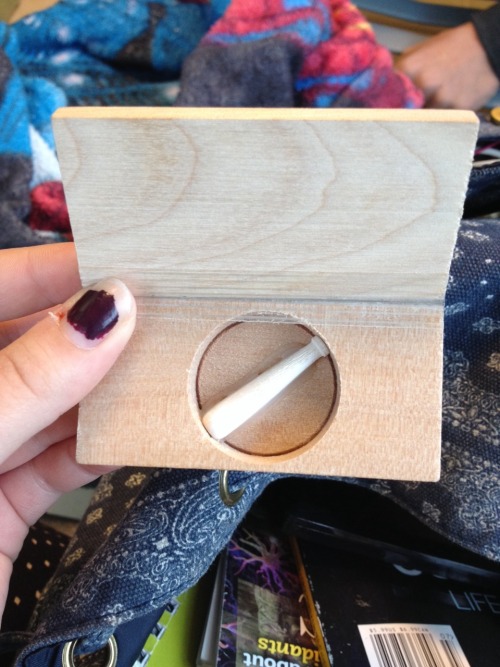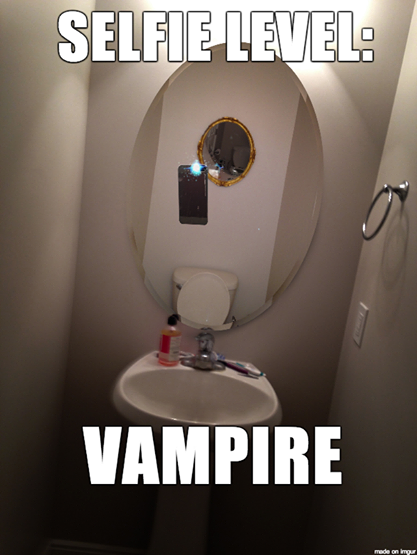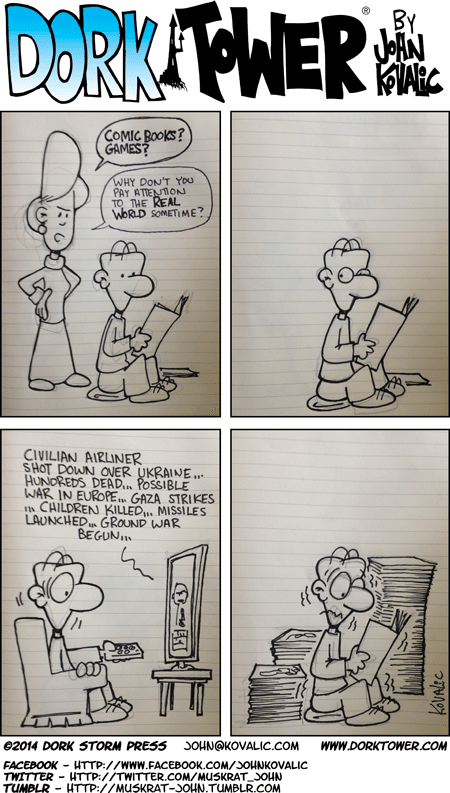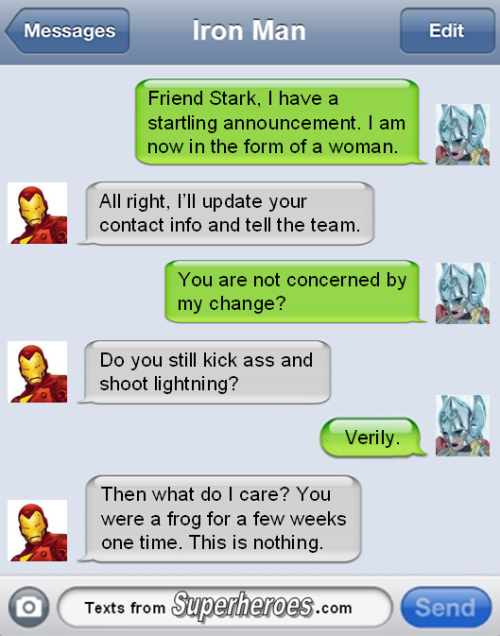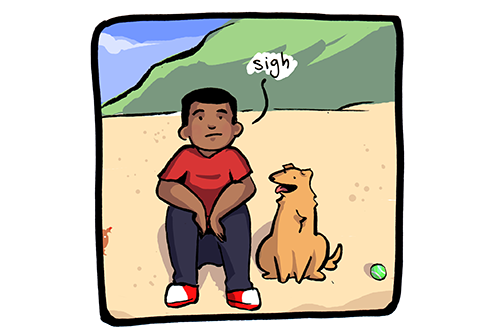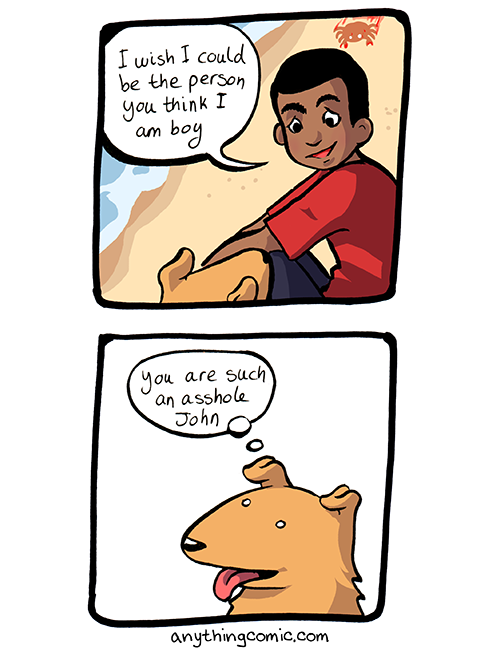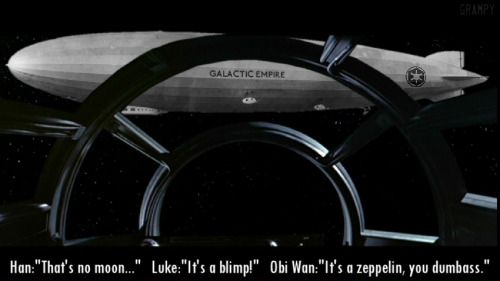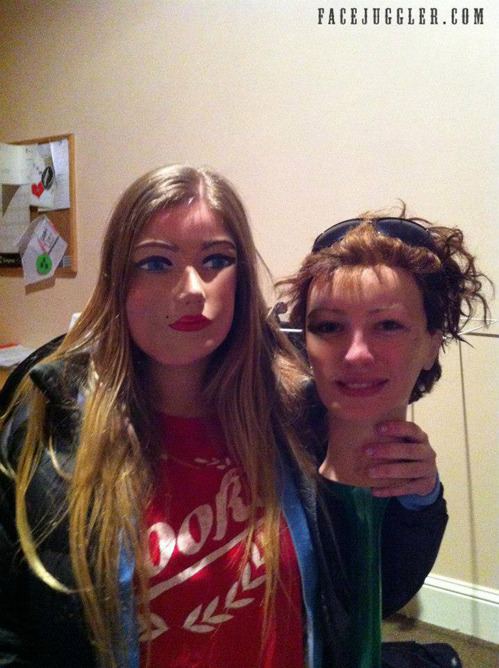There are a number of calcite amygdules in this photo; the largest is in the upper center, and there are several smaller ones nearby. This spot sometimes gets overgrown with brambles, then a road crew will come through and clear them out. Over the next few years, the brambles will grow back, and the cycles repeats. So don't count on being able to find this spot, but it's definitely worthwhile looking for it.
Photo unmodified. June 14, 2014. FlashEarth location.
Miscellaneous thoughts on politics, people, math, science and other cool (if sometimes frustrating) stuff from somewhere near my favorite coffee shop.
Saturday, July 26, 2014
Friday, July 25, 2014
Geo 730: July 25, Day 571: Calcite Amygdules
At the southwest (downstream, toward the dam) end of the basalt outcrop near Green Peter Dam, there is what I would guess is a different flow of vesicular basalt. (It's unclear to me just how many individual flows are present in this outcrop.) The vesicles in this flow are less abundant, but much larger than elsewhere, and entirely filled with calcite. In addition, due to shearing in the flowing lava, they are typically pulled out into flattened teardrop-shaped lenses, reminiscent of almonds, the etymological source of the term "amygdule." There's a large one to the right of the upper yellow flower- the angular nature of the calcite cleavage obscures the form of the amygdule itself in that case. There's a smaller bit above and to the left of the same flower that shows a more representative section. There's a third, still smaller, and almost circular, amygdule between the two larger ones.
Photo unmodified. June 19, 2014. FlashEarth location.
Photo unmodified. June 19, 2014. FlashEarth location.
Thursday, July 24, 2014
Geo 730: July 24, Day 570: Stilbite Closeup
A closer view of yesterday's vesicular basalt. This shot is close enough that in crops of the full-size image, one can make out the individual blades. Compare the shape of the circled bits below to the diagrams and photos at this site. I will say, I take issue with their claim that "single individual crystals are very uncommon." Larger crystals that are not in clusters are not common, but smaller crystals, easily identified with the naked eye or with a hand lens, are pretty common, in my experience, in the Western Cascades, where these photos were taken and in Oregon's Coast Range.
(Crop from the upper left edge of photo) These two aren't in very sharp focus, especially on the right, but the "house outline" shape is pretty clear to me. On the left, the axis is pointing nearly straight up; I'll call it 12:30. On the right, it points to about 10:00.
(Crop from about a third of the way down from my index finger and a bit to the right) This one is the best I could find; it points to about 11:00.
Photo unmodified. June 19, 2014. FlashEarth location.
(Crop from the upper left edge of photo) These two aren't in very sharp focus, especially on the right, but the "house outline" shape is pretty clear to me. On the left, the axis is pointing nearly straight up; I'll call it 12:30. On the right, it points to about 10:00.
(Crop from about a third of the way down from my index finger and a bit to the right) This one is the best I could find; it points to about 11:00.
Photo unmodified. June 19, 2014. FlashEarth location.
Wednesday, July 23, 2014
Geo 730: July 23, Day 569: Stilbite Vesicles
I'll be mixing in photos from three different trips to Quartzville over the last couple years for this portion of the series; this one is from the middle of June, and shows a bit of vesicular basalt. The gas bubbles are partly filled with (mostly) stilbite. Note that I can't make that identification from this photo; the resolution isn't good enough. You need to get up close and personal with a hand lens to make that call. With the exception of natrolite, that's generally the case at this outcrop. Natrolite comes in larger pieces, has a very distinctive fabric of radiating crystal fibers, and can often be identified from several yards away.
Photo unmodified. June 19, 2014. FlashEarth location.
Photo unmodified. June 19, 2014. FlashEarth location.
Tuesday, July 22, 2014
Geo 730: July 22, Day 568: Apparently Uninteresting
Just plain-ole basalt. Dull, right? Well, yes, it can get tedious in a state so well endowed with that rock, but it can be interesting if there's something more than just plain-ole black ugly rock. In this case, the white splotches down lower are mostly Queen Anne's Lace. But the speckles up higher are calcite and zeolites, and those are pretty and interesting. The best way to look for them here is by splitting the cobbles and boulders that have fallen off the face and into the ditch/berm. The road is windy here, and traffic is sporadic, and often moving faster than is wise. Keep your ears pealed; you'll hear vehicles before you see them. There's plenty of off-pavement space, so give them some room.
Photo unmodified. March 9, 2012. FlashEarth location.
Photo unmodified. March 9, 2012. FlashEarth location.
Monday, July 21, 2014
Geo 730: July 21, Day 567: Sidewalk, Redux
Okay, it's a pretty lousy photo, and the shadows from the fence when I was out taking pictures don't help at all, but here's the same stretch of sidewalk I featured five years (!) and a month ago. I've annotated just two of the more distinctive pebbles, but you can see the full deal here. That photo seems to have a big impact in presentations I've done over the past few years. In a field trip a month ago, participants found quite a few nice agates at our first stop, and were somewhat distracted from the geology we wanted to point out. No great loss, though. If they take away the importance of geological materials in construction, I can concede distraction from other rocks.
Photo unmodified. July 18, 2014. FlashEarth location.
Photo unmodified. July 18, 2014. FlashEarth location.
Sunday, July 20, 2014
Geo 730: July 20, Day 566: 9 to 5, and Nighttime, Too
Interzone's sundial is marked from nine AM to five PM, and oddly, "Night" is marked, too. How does that work? When the sun goes down, the street light comes on, and casts a shadow along the marked path. We're on a spnning ball of rock, which means the sun appears to move through the sky, but the lamp spins with it, so it appears fixed.
Photo unmodified. July 18, 2014. FlashEarth location.
Photo unmodified. July 18, 2014. FlashEarth location.
Sunday Funnies: Get Him Out! Edition
"GET HIM OUT! GET HIM OUT! GET HIM OUT! Sober in a Nightclub
Bizarro
Blackadder
Funny to Me
Funny to Me
Texts From TNG
Funny to Me
Are You Talking to Meme?
Are You Talking to Meme?
Doghouse Diaries
Dork Tower
Driftglass
The Potato Ledger
"My mom meant to post a picture of her dog and posted a picture of a turkey instead." Funny to Me
Married to the Sea
Tastefully Offensive
Bits and Pieces
Bits and Pieces
Bad Newspaper
Funny to Me
E.B. Misfit
Bits and Pieces
Savage Chickens
Sofa Pizza
Sober in a Nightclub
Sober in a Nightclub
"Something's wrong with your helicopter." Senor Gif
Sober in a Nightclub
"Every time I start up my laptop." Tastefully Offensive
Wil Wheaton
What Would Jack Do?
Gemma Correll
Very Demotivational
Very Demotivational
Are You Talking to Meme?
Bizarro
Anything About Nothing
Very Demotivational
Cheezburger
"Toy Story 19" Berkeley Mews
Sober in a Nightclub
Are You Talking to Meme?
Bad Newspaper
Via Kottke.Org... and yes, this is a real thing that you can buy.
Tastefully Offensive
Blackadder
Cheezburger
Very Demotivational
Sofa Pizza
Sober in a Nightclub
Tastefully Offensive
Blackadder
"Monday morning coffee" Senor Gif
Bizarro
Blackadder
Funny to Me
Funny to Me
Texts From TNG
Funny to Me
Are You Talking to Meme?
Are You Talking to Meme?
Doghouse Diaries
Dork Tower
Driftglass
The Potato Ledger
"My mom meant to post a picture of her dog and posted a picture of a turkey instead." Funny to Me
Married to the Sea
Tastefully Offensive
Bits and Pieces
Bits and Pieces
Bad Newspaper
Funny to Me
E.B. Misfit
Bits and Pieces
Savage Chickens
Sofa Pizza
Sober in a Nightclub
Sober in a Nightclub
"Something's wrong with your helicopter." Senor Gif
Sober in a Nightclub
"Every time I start up my laptop." Tastefully Offensive
Wil Wheaton
What Would Jack Do?
Gemma Correll
Very Demotivational
Very Demotivational
Are You Talking to Meme?
Bizarro
Anything About Nothing
Very Demotivational
Cheezburger
"Toy Story 19" Berkeley Mews
Sober in a Nightclub
Are You Talking to Meme?
Bad Newspaper
Via Kottke.Org... and yes, this is a real thing that you can buy.
Tastefully Offensive
Blackadder
Cheezburger
Very Demotivational
Sofa Pizza
Sober in a Nightclub
Tastefully Offensive
Blackadder
"Monday morning coffee" Senor Gif











